On November 28, the 10th Anniversary Ceremony of the Regional Centre for Space Science and Technology Education in Asia and the Pacific (China) (Affiliated to the United Nations) (hereinafter referred to as the Regional Centre (China)) was held at the Hangzhou International Campus of Beihang University.
Themed "Space Education Fulfills Dreams, International Cooperation Lights the Future," the ceremony attracted over 300 people, including Li Guoping, Chief Engineer of the China National Space Administration; Driss El Hadani, Deputy Director of the United Nations Office for Outer Space Affairs (UNOOSA); Fang Yi, Member of the Standing Committee of the CPC Hangzhou Municipal Committee and Deputy Mayor of Hangzhou; Zhou Chenghu, Academician of the Chinese Academy of Sciences; Wu Yanhua, Chief Designer of China's Major Project on Deep Space Exploration; Zhao Weisheng, Vice President of Beihang University and Director of the Regional Centre (China); directors of the Region Centres in Mexico, Morocco, Nigeria, and Jordan; council members and representatives of the Member States of the Centre in Brazil, Indonesia, Pakistan, and Bolivia; diplomatic envoys of many countries to China; and representatives from the Ministry of Foreign Affairs, the Ministry of Industry and Information Technology, the China National Space Administration, the Deep Space Exploration Laboratory, Beihang University, and the partners of the Centre.

Weng Jingnong, Executive Director of the Regional Centre (China), presided over the opening ceremony, which kicked off with a video review of the fruitful achievements of the Centre in aspects such as education, cooperation and construction over the past decade.
Li Guoping delivered a speech on behalf of the Chinese government. He mentioned the proposal of establishing Regional Centre (China) when he led the Chinese delegation to participate in the Scientific and Technical Subcommittee of the United Nations Committee on the Peaceful Uses of Outer Space ten years ago, and acknowledged the fruitful achievements the Centre has accomplished in the past decade. He hoped that Beihang University would continue to strengthen team and institutional building, improve the quality of education and training, facilitate the Centre's capabilities, and expand the Centre's influence and popularity. He also expected that all sides would continue to provide guidance and support for the construction and development of the Centre. The China National Space Administration will cooperate closely with all parties to jointly support the Centre, striving to create a new chapter in the next decade.
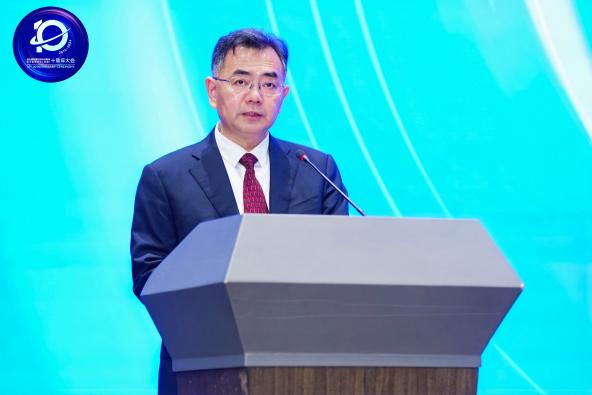
Driss El Hadani read out the congratulatory letter from Aarti Holla-Maini, Director of the UNOOSA. He said that the Regional Centre (China) has provided advanced education and training resources in key areas of space technology applications and has become a beacon for space science education and capacity building. He extended gratitude to the China National Space Administration, Beihang University and other institutions for their outstanding contributions. He firmly believed that the Centre would continue to play an important role in promoting space education and international cooperation. The UNOOSA will continuously support the Centre to fulfill its mission, promote the peaceful use of outer space, and contribute to the achievement of the United Nations Sustainable Development Goals.
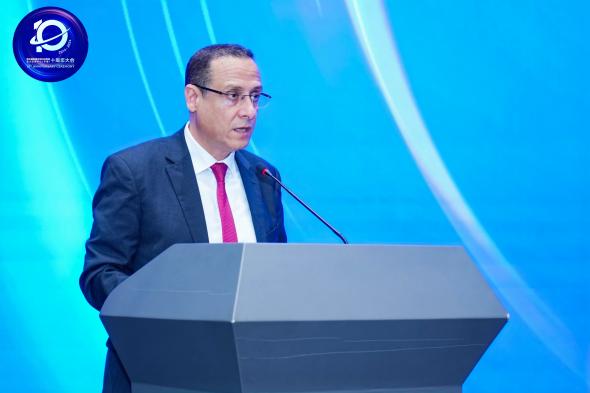
Fang Yi stated that Hangzhou has always attached great importance to education and space cooperation. The Regional Centre (China), comprehensively epitomizing space science and technology and education, has provided an excellent platform for promoting the development of space technology and the cultivation of international talents. Hangzhou will seize the opportunity to fully and deeply participate in international space science and technology cooperation and provide support and guarantee for the continuous development of the Centre.
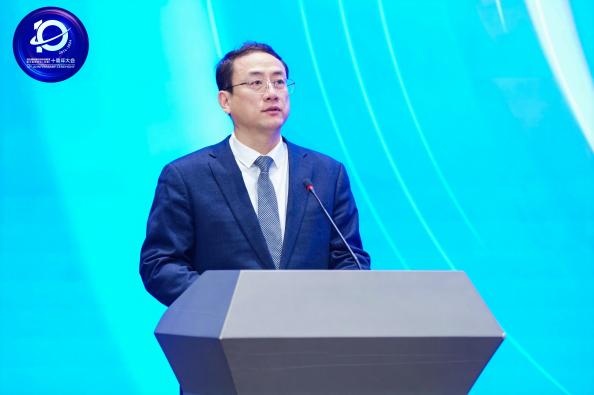
Wu Yanhua noted that the establishment of the Alliance of Regional Centres marks a milestone for the development of various regional centres. He hoped that the Regional Centre (China) would provide support for the International Lunar Research Station program initiated by China in the aspect of international education capabilities, and that more national governments and scientific research institutions could join and contribute to the program together.
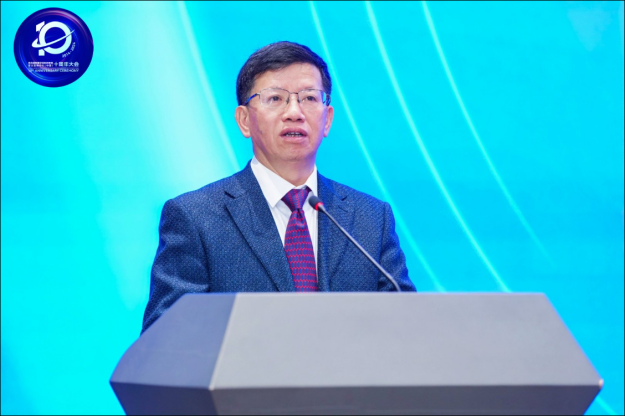
Zhao Weisheng said that Beihang University, as the host of the Regional Centre (China), is committed to leveraging its own disciplinary and faculty advantages to promote international space science and technology education. He emphasized that the Centre will continue to increase its enrollment, improve the training quality, actively promote the construction of the Alliance of Regional Centres, and strive to build itself into a world-class institution focusing on space science and technology education. The Centre is expected to be a crucial platform for promoting global space science and technology exchanges and cooperation, meeting the needs of various countries in exploring and utilizing outer space, and enhancing education and training levels in space technology and its application capacity in the member states of the Centre and other developing countries.
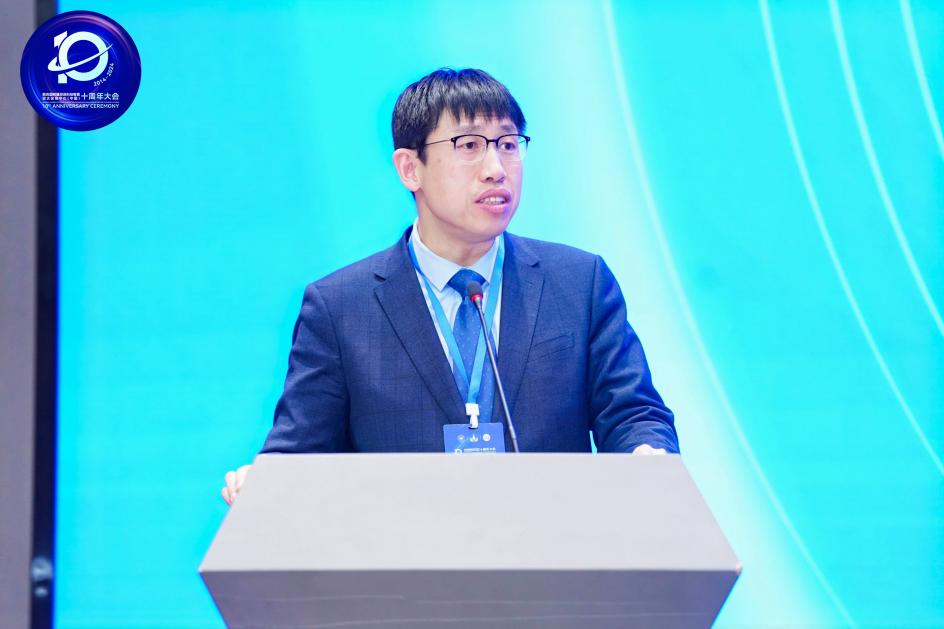
Directors of other regional centres and alumni representative of the Regional Centre (China) respectively delivered speeches to congratulate the 10th anniversary of the founding of the Center.
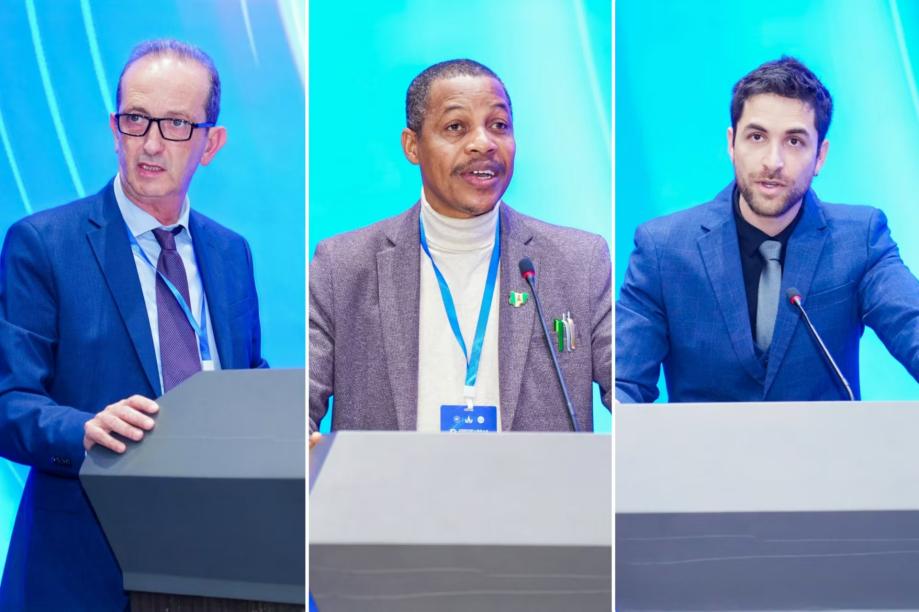
At the ceremony, Li Guoping and Driss El Hadani presented the Outstanding Contribution Award to Professor Huang Hai from the School of Astronautics at Beihang University, Chief Designer of the Student Small Satellite (SSS).
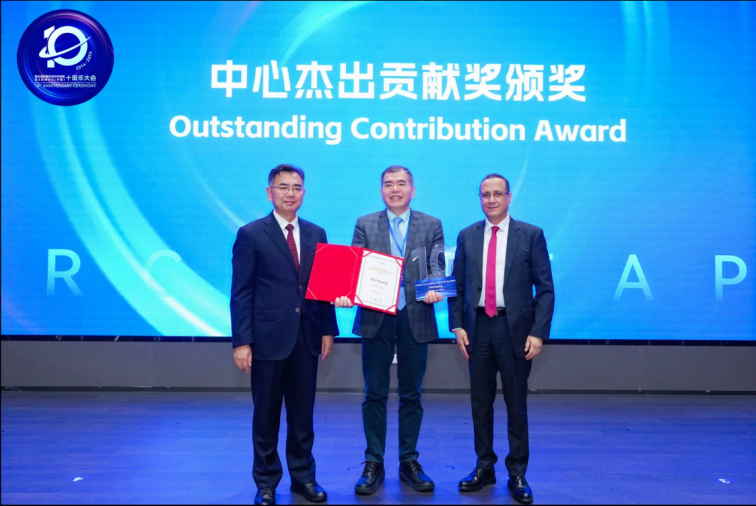
Before the ceremony, the UNOOSA hosted the Regional Centre Directors' Meeting at the Hangzhou International Campus, in which various regional centres reached an agreement for the establishment of the Alliance of Regional Centres. The meeting also decided to establish the Coordination Office for Alliance of Regional Centres at the Hangzhou International Campus and released the "Alliance of Regional Centres: Shaping the Future of Space Education and Sustainable Development (Hangzhou Initiative)."
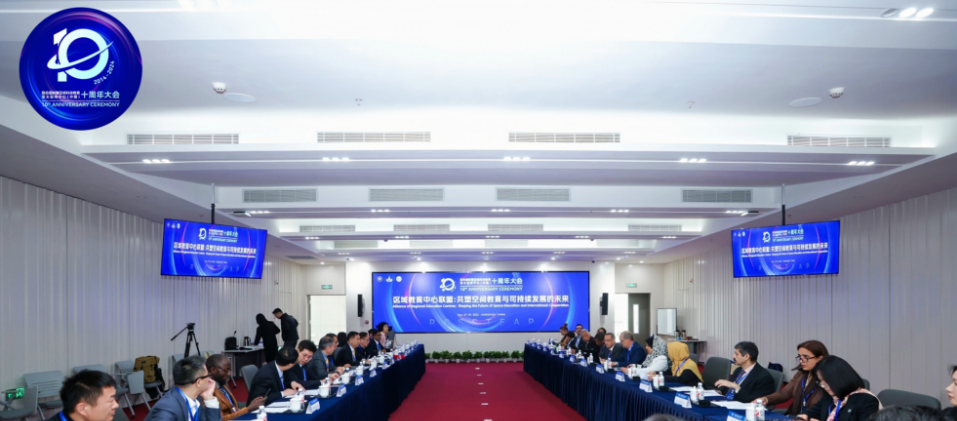
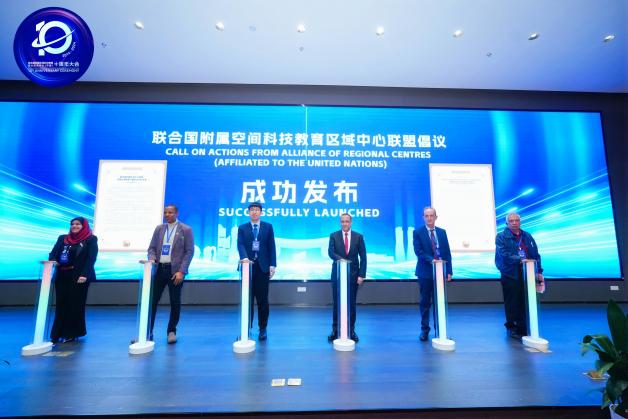
After the ceremony, the International Space Technology Applications Summit and the Roundtable Dialogue on International Space Education Development were held. The Summit was moderated by Sheikh Tawhdul Islam, a foreign professor at the Regional Centre (China), and featured keynote speeches from Driss El Hadani, Deputy Director of UNOOSA, Zhou Chenghu, Academician of the Chinese Academy of Sciences, Adriana Marais, Director of Africa Space Development Foundation, and Hu Zhaobin, Deputy Director of Deep Space Exploration Laboratory. At the round table dialogue, representatives from Brazil, Mexico, Italy, South Africa, Bolivia, Indonesia and China conducted in-depth exchanges on issues such as promoting the sustainable development of space science and technology education and driving social and economic development through space cooperation and talent cultivation.
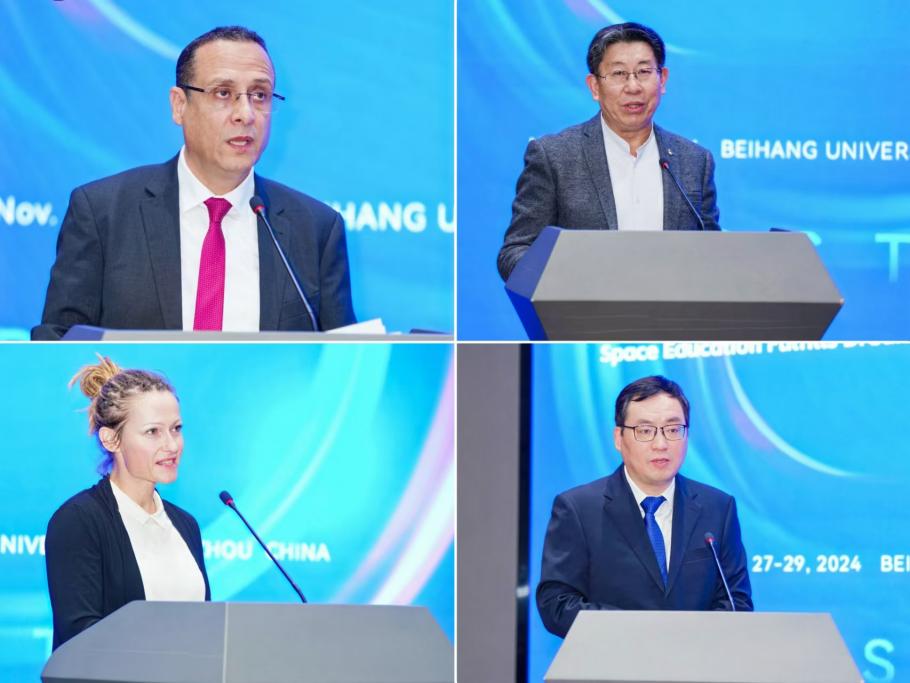
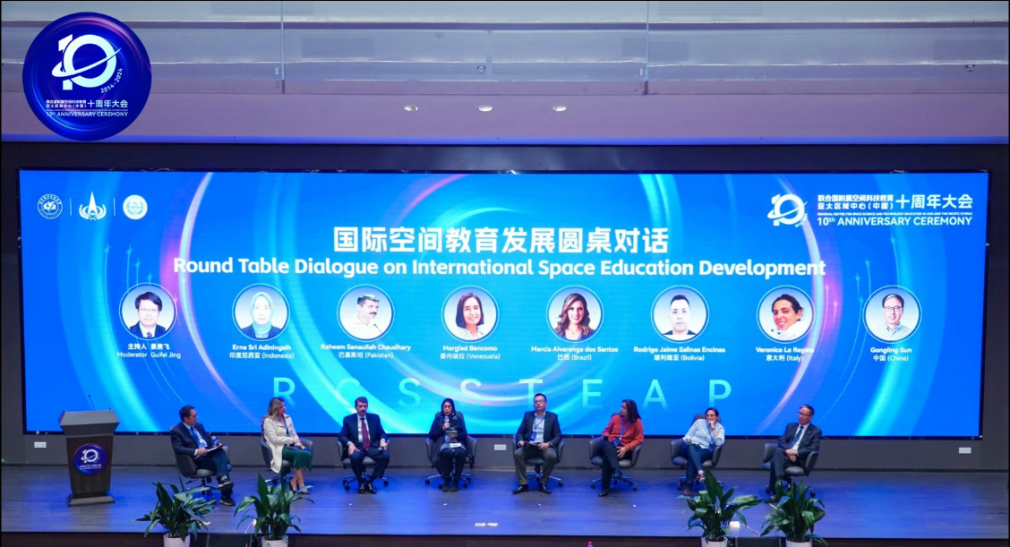
The celebration event also features a series of activities including a special forum on International Educational Cooperation on Lunar Research Station, a thematic exhibition on China's space technologies represented by the International Lunar Research Station, a visit to the Regional Centre (China), and a campus tour.
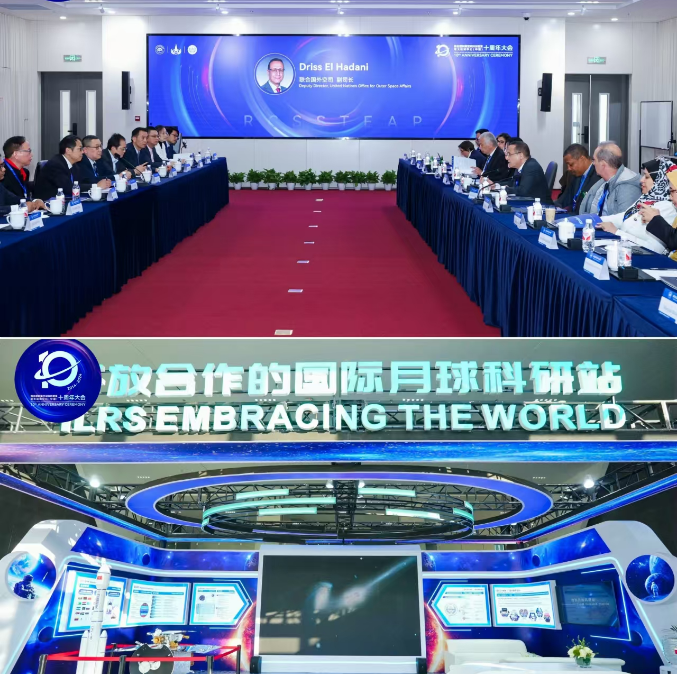

The Regional Centre for Space Science and Technology Education (Affiliated to the United Nations) is an international organization dedicated to international space science and technology education, as well as the application, promotion and personnel training of space science and technology in developing countries. Between 1995 and 2014, the UNOOSA successively established six regional centres to promote space science and technology education globally.
Founded in 2014, the Regional Centre (China) has always adhered to the concept of "openness, innovation and inclusiveness." With the strong support of the Chinese government, the UNOOSA and various member states, the Centre has been actively involved in promoting space science and technology education and achieved fruitful results. It has already cultivated nearly 400 master's and doctoral students for 33 countries, covering multiple professional directions such as remote sensing and geographic information systems, global satellite navigation systems, small satellite technology, space project management, satellite communications, space laws and policies, and space science and environment.
(Approved by: Hong Guanxin, Zhang Wei, Xu Ran)
Edited by: Yuan Xiaohui

